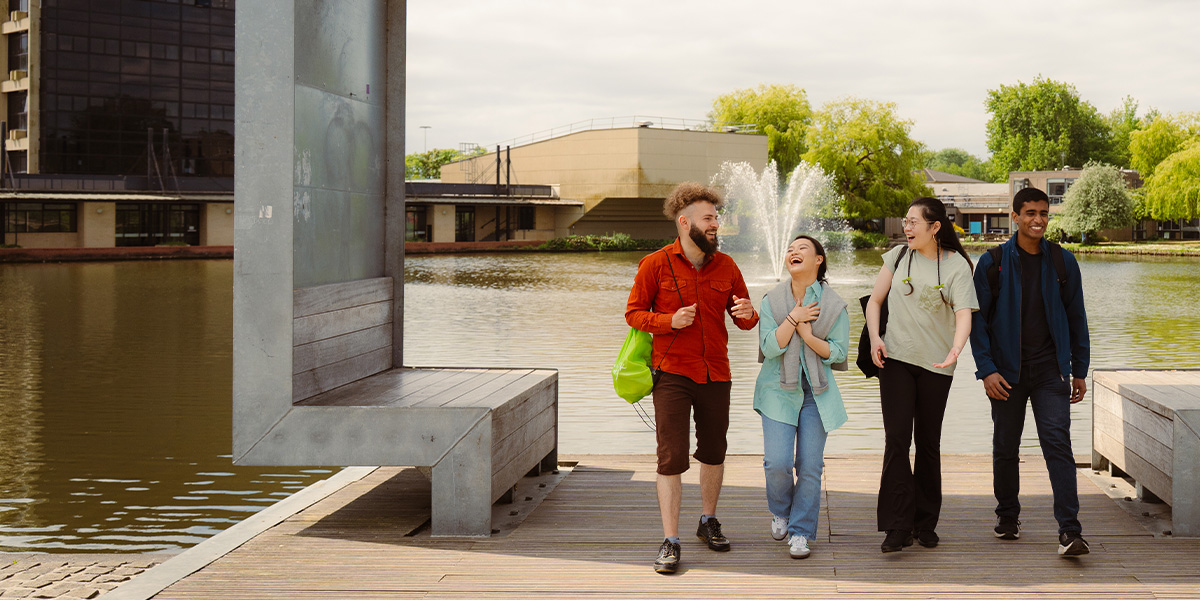Specialise in a field you're passionate about. Gain valuable hands-on experience and build your knowledge through our range of option modules and fieldwork opportunities.
Why study archaeology at York?
At York, we offer a broad range of programmes across many fields of archaeology and heritage. You'll be taught by active researchers at the forefront of archaeological and heritage studies.
You'll have access to our unique and varied facilities, offering innovative ways to understand and interpret the past. Tell diverse stories, and engage with creative solutions in sustainable archaeology, conservation and heritage. Study with us and join a vibrant academic community with a distinguished reputation.

.jpg)

.jpg)
.jpg)

